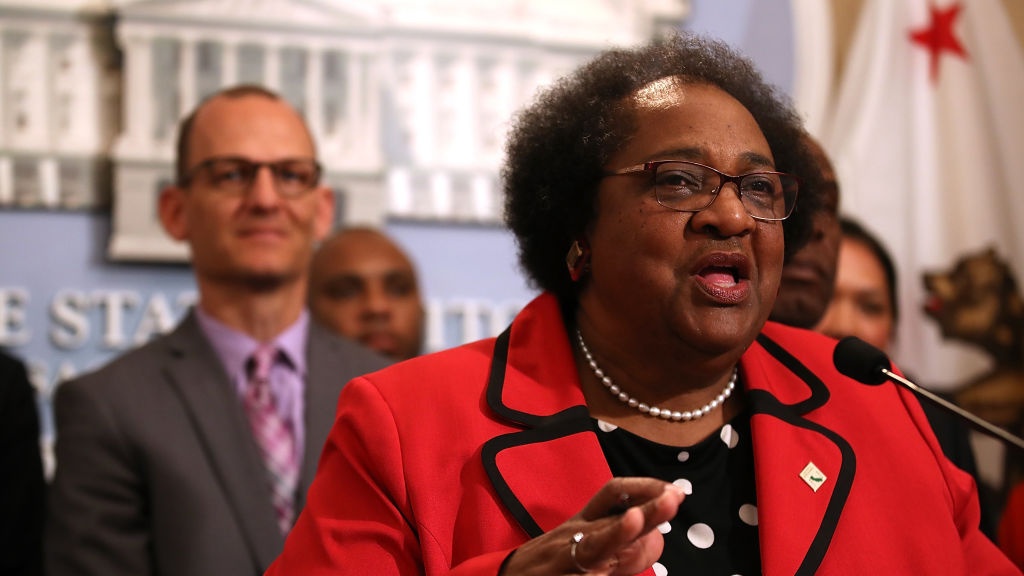The governor of California announced the signing of a bill on Wednesday that would push forward efforts to provide reparations for American slavery.
On his website, California Governor Gavin Newsom said bill AB 3121 was the "first-in-the-nation law" that created a nine-person task force whose ultimate goal was to study and recommend possible solutions for slavery reparations.
“As a nation, we can only truly thrive when every one of us has the opportunity to thrive. Our painful history of slavery has evolved into structural racism and bias built into and permeating throughout our democratic and economic institutions,” Newsom said in a statement.
“California’s rich diversity is our greatest asset, and we won’t turn away from this moment to make right the discrimination and disadvantages that Black Californians and people of color still face. While there is still so much work to do to unravel this legacy, these pieces of legislation are important steps in the right direction to building a more inclusive and equitable future for all,” he added.
News of the law coincides with efforts by Democratic lawmakers in the House of Representatives to pass something similar nationally.
In addition to the bill on the task force, Newsom signed two others that seek to target racism in the legal system and discrimination in jury selection.
“California has historically led the country on civil rights, yet we have not come to terms with our state’s ugly past that allowed slaveholding within our borders and returned escaped slaves to their masters,” said Assembly member Shirley Weber, who introduced two of the bills.
“Neither have we effectively addressed our present justice system which allows prosecutors to bar African Americans from serving on juries," Weber continued. "The Governor’s signature on AB 3121 and AB 3070 once again demonstrates that our state is dedicated to leading the nation on confronting and addressing systemic injustice.”
California is the first state to put reparation efforts into motion but earlier this year, the city of Asheville, North Carolina kickstarted their own reparation efforts, as Blavity previously reported.
The city council unanimously approved a reparations bill that saw the city admit its outsized role in the slave trade and pledge to invest in money in Black neighborhoods and businesses. The city will also strive to address widespread deficiencies in the health care, education, employment systems that generally fall along racial lines.
"Hundreds of years of Black blood spilled that basically fills the cup we drink from today. It is simply not enough to remove statutes. Black people in this country are dealing with issues that are systemic in nature," said Asheville City Councilman Keith Young in July.
